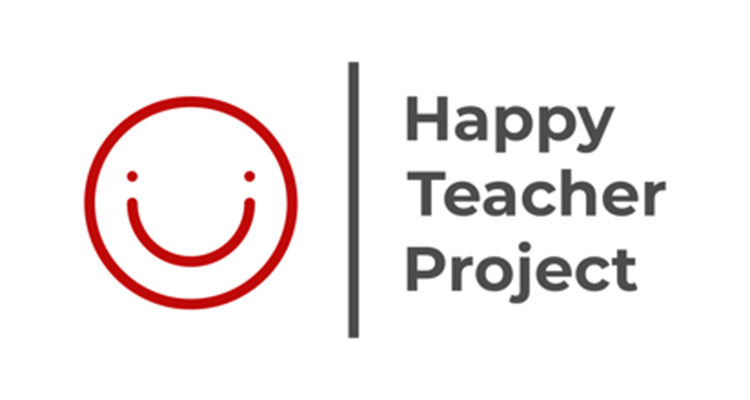Oklahoma Happy Teacher Project

Happy Teacher Project: An interdisciplinary collaboration of the University of Oklahoma, Johns Hopkins University, and community partners
The Happy Teacher Project takes a holistic and innovative interdisciplinary approach by studying whole teacher well-being, including physical, psychological and professional well-being, and how their working conditions support or undermine these three areas through research and collaboration with various early childhood centers, partners, agencies, professional organizations, and policy makers across states and countries. We demand changes for the better!
The Happy Teacher Project takes a holistic and comprehensive approach by studying whole teacher well-being that consists of physical, psychological and professional well-being and how workplace conditions support these three areas. We built a strong interdisciplinary team of researchers and experts in early childhood education, physical therapy, interior design, educational policy, public health, nutrition, social work, and pediatrics who shared the vision and passion to improve the lives of early childhood teachers.
Since December 2018, we have followed a group of 262 early childhood teachers across 38 early childhood centers in Tulsa, measuring these different aspects of whole teacher well-being. During the first phase of data collection, we surveyed educators about their well-being, designing questions to better understand their physical and mental health, job-induced stress, work-related injuries and job commitment. We also measured teachers’ weight for obesity and administered a step test for cardiorespiratory fitness. Then, we investigated what types of workplace supports were in place to improve teachers’ well-being, such as compensation, benefits, designated breaks, paid sick leave, work climate and the quality of their physical environment.
During the second phase, we observed different aspects of the learning environment in 40 classrooms including teacher-child interactions and environmental factors, such as noise level, air quality, lighting and furniture. Then we interviewed 40 teachers about what they need to improve their well-being.
From the results, we found that the teachers in our study face significantly more physical health challenges than the general population. For example, three quarters were overweight or obese. Most had below average cardiorespiratory fitness. And a third reported doctor-diagnosed urinary tract infections. Additionally, about one-third of the teachers in our study frequently felt stressed while on the job; 23% felt depressed.
The reality of teachers’ workplace conditions suggested that there is still a lot of work to be done to fully support early childhood educators. Nearly half of the teachers we surveyed had no designated break, close to one-in-four had no paid sick days and a third lacked employer-provided health insurance. One-third of teachers reported that they do not have space for relaxation or to store personal belongings and about one-fifth said they do not have adult size furniture.
The results of our study suggest that there is considerable room for improving early childhood teachers’ working conditions and well-being. Our findings also corroborate previous studies on the importance of having highly qualified early childhood teachers. But most importantly, what has emerged from our study is the notion that in the quest to create and retain a happy, healthy early childhood workforce, compensation and benefits—while helpful—are not enough.

